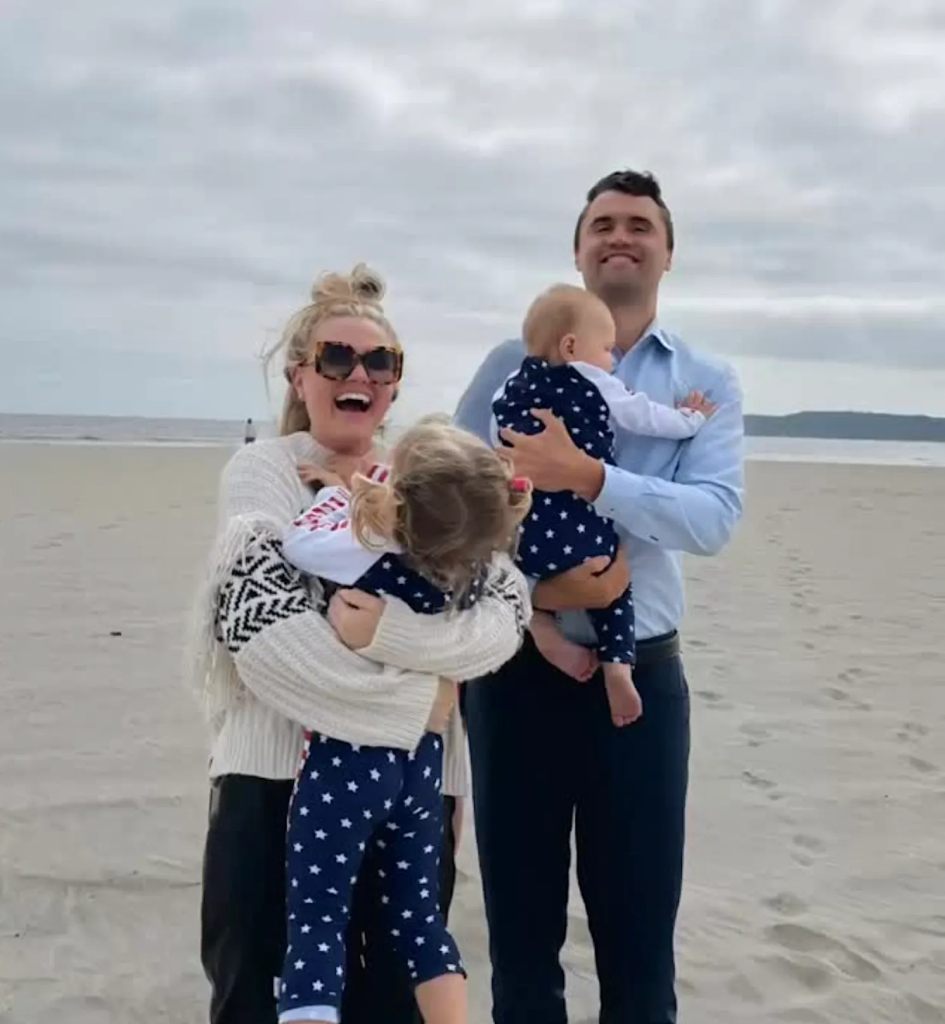When the Funeral Ends: The Quiet Loneliness That Follows Loss
The hardest part of grief isn’t always the day of the funeral. In fact, for many, that day is a blur. It’s filled with tears, embraces, and the overwhelming presence of people — neighbors, friends, family, even acquaintances — all united in mourning. The atmosphere, though heavy, is strangely alive with shared sorrow and solidarity. But what happens when the flowers begin to wilt, the casseroles stop coming, and the stream of visitors dries up? That’s when grief begins to reveal its deepest, most enduring ache.
For her, this is where life now begins: the quiet, unrelenting space after goodbye.

The Empty Side of the Bed
In the first nights after the funeral, the house feels unbearably still. Every sound seems amplified — the hum of the refrigerator, the creak of the floorboards — and every silence screams. The bed, once shared, becomes a haunting reminder of absence. His side remains untouched, the sheets neatly smoothed yet painfully vacant. She resists the urge to reach across in the night, to feel his warmth, only to be met with cool emptiness.
It’s not just a bed. It’s the symbol of partnership, of companionship, of routine. Now it is divided: one side alive with restless tossing and turning, the other a quiet void.
Clothes That Hold His Scent
In the closet hang the clothes he once wore — jackets draped neatly, ties arranged with care, shirts still carrying the faint scent of his cologne. For a while, she can’t bring herself to move them, touch them, or fold them away. They are a tether, however fragile, to the man who filled her world. Each item carries memory: the shirt from their last anniversary dinner, the shoes he wore to walk their child into school, the sweater that kept him warm on cold nights by the fire.

She knows the scent will fade. And that inevitability feels like another kind of loss — as though piece by piece, he is slipping further out of reach.
The Urge to Tell Hi
Perhaps the cruelest part of grief is the instinct to share. Every moment — big or small — triggers the impulse to text him, call him, or simply speak his name aloud. She’ll glance at her phone after receiving good news, her fingers ready to type, only to freeze mid-sentence. She’ll hear a funny story and her first thought will be, I can’t wait to tell him. Then comes the crashing reminder: she can’t.
The silence where his voice used to be is deafening.
Children Asking Questions
And then there are the questions — the ones that pierce her heart with unbearable sharpness. “Why can’t Daddy come back?” “Where did he go?” “Will he miss my birthday?” For children, grief is not linear; it repeats in circles, reopening the wound each time they ask.
She does her best to answer with honesty, compassion, and strength, but inside, each answer tears her apart. She’s not only grieving as a wife, but also as a mother, carrying the double weight of her own pain and the fragile innocence of those who still don’t fully understand what it means to lose forever.
The Organization Without H
He wasn’t just a husband and father. He was also a leader, the anchor of an organization that now faces an uncertain future. For years, people relied on his vision, his discipline, his ability to inspire and steady the course. Now, they must continue — without him.

For her, this means stepping into a role she never asked for. Phone calls from his colleagues arrive daily, questions about plans, about finances, about leadership. In the middle of her grief, she finds herself balancing a reality that demands decisions. To the outside world, she must appear composed, capable, even confident. But inside, she feels unsteady, torn between mourning her husband and managing the pieces of the life he left behind.
The Loneliness of After
Grief has a way of becoming lonelier as time passes. In the beginning, people gather. They bring food, offer prayers, sit in silence with her. But as weeks go by, life moves on for everyone else. The phone calls slow. The visits become less frequent. Friends return to work, neighbors resume their routines, and the world carries on.
She is left to face the silence. She is left with the question no one can answer: What now?
The hard part is not the funeral. The hard part is learning to live again when the world has shifted, when the one person she leaned on most is no longer there to lean on at all.
Finding Strength in Support
It is in these moments that support systems matter most. The strong bonds of family, the loyal friendships that don’t fade after the funeral, the small gestures — a cup of coffee, a morning walk, a late-night text saying “I’m thinking of you.”

Grief doesn’t end after the burial. It lingers in the days, weeks, and years that follow. True support is not only present at the funeral but continues in the quiet days after, when the reality of absence sets in. She will need this unwavering circle around her, not to erase the pain but to help carry it.
A New Life, A New Normal
The truth is, she will never go back to the life she had before. There is no “getting over it,” only learning to live with it. Over time, she will create a new version of life — one where his memory remains alive in stories, in lessons passed on to their children, in the values he lived by.
This new life won’t be the same, and she may never stop missing him. But perhaps, in time, she will find moments of peace. Moments where grief doesn’t feel as heavy, where memories bring more smiles than tears, where love becomes her guide forward.
Carrying Him Forward
Though he is gone, he will remain with her in countless ways:
- In the values he instilled in their children.
- In the organization he built with care.
- In the traditions of their home, the laughter of their family, the stories retold at holidays.
Grief is not the end of love. If anything, it is the proof of how deeply love ran. And even in the silence, even in the loneliness, that love continues.
Final Thought
When the funeral ends, the world expects life to return to normal. But for her, normal no longer exists. She faces a new reality — one defined by absence, by memories, and by the slow rebuilding of a life without him.
The hardest part begins when the crowd goes home, when the rituals are over, and when the silence settles in. It is in that silence where grief truly lives. And it is in that silence where she must now find her way.
One can only hope that her circle remains strong, that her children grow up carrying his memory with pride, and that she discovers within herself the resilience to navigate this uncharted life.
Because though the funeral is over, love never dies. And in the end, it is love — not loss — that will carry her forward.
Leave a Reply